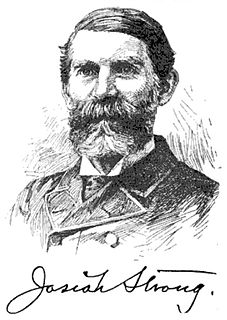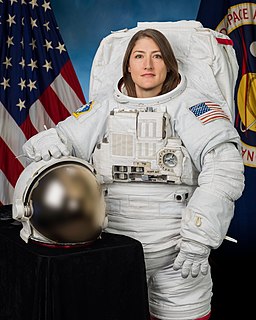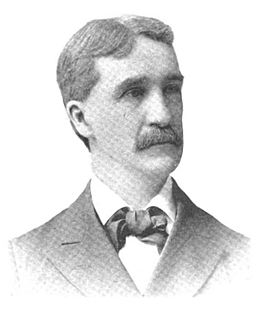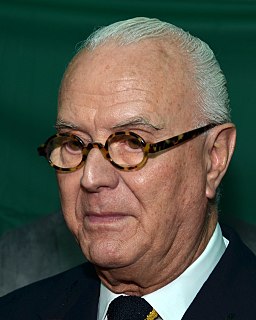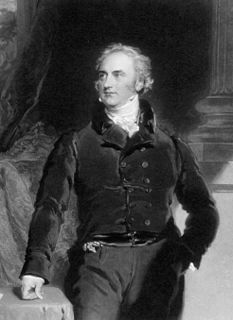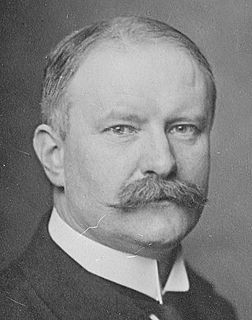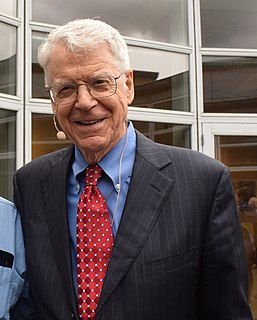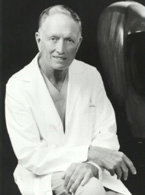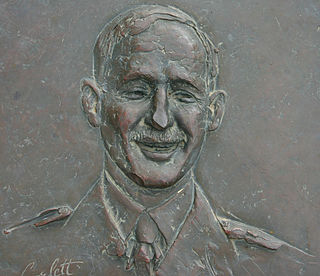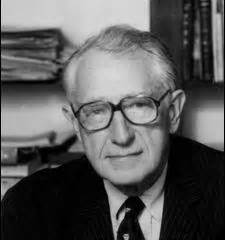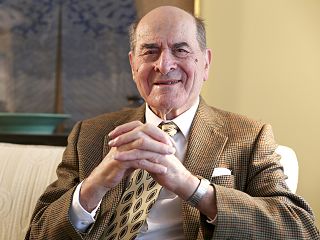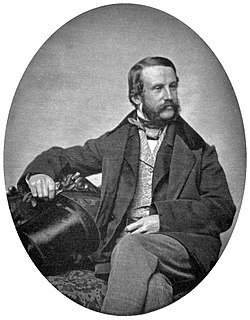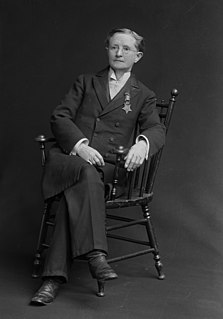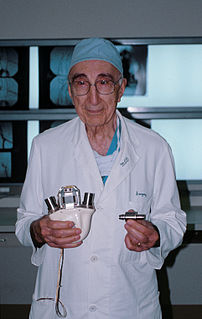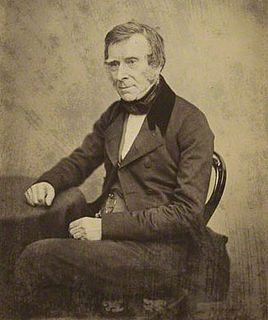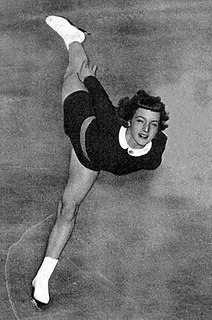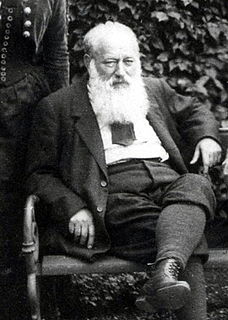A Quote by Wilfred Trotter
The truly scientific mind is altogether unafraid of the new, and while having no mercy for ideas which have served their turn or shown their uselessness, it will not grudge to any unfamiliar conception its moment of full and friendly attention, hoping to expand rather than to minimize what small core of usefulness it may happen to contain.
Related Quotes
If you are one of the hewers of wood and drawers of small weekly paychecks, your letters will have to contain some few items of news or they will be accounted dry stuff.... But if you happen to be of a literary turn of mind, or are, in any way, likely to become famous, you may settle down to an afternoon of letter-writing on nothing more sprightly in the way of news than the shifting of the wind from south to south-east.
Too often technology is perceived as the problem rather than the solution; as something to be avoided rather than embraced. This is about as logical as my daughter's observing, while our family was driving through an unfamiliar city, "Trying to read a map while driving causes all the traffic lights to turn green."
We have entered a new phase of culture - we may call it the Age of the Cinema - in which the most amazing perfection of scientific technique is being devoted to purely ephemeral objects, without any consideration of their ultimate justification. It seems as though a new society was arising which will acknowledge no hierarchy of values, no intellectual authority, and no social or religious tradition, but which will live for the moment in a chaos of pure sensation.
It followed from the special theory of relativity that mass and energy are both but different manifestations of the same thing - a somewhat unfamiliar conception for the average mind. Furthermore, the equation E = mc², in which energy is put equal to mass, multiplied by the square of the velocity of light, showed that very small amounts of mass may be converted into a very large amount of energy and vice versa.
If you have had your attention directed to the novelties in thought in your own lifetime, you will have observed that almost all really new ideas have a certain aspect of foolishness when they are first produced, and almost any idea which jogs you out of your current abstractions may be better than nothing.
Life cannot be destroyed for good, neithercan history be brought entirely to a halt. A secret streamlet trickles on beneath the heavy lid of inertia and pseudo-events, slowly and inconspicuously undercutting it. It may be a long process, but one day it must happen: the lid will no longer hold and will start to crack. This is the moment when something once more begins visibly to happen, something truly new and uniquesomething truly historical, in the sense that history again demands to be heard.
A conditioned mind may be inventive; it may think up new ideas, new phrases, new gadgets; it may build a dam, plan a new society, and all the rest of it; but that is not creativity. Creativity is something much more than the mere capacity to acquire a technique. It is because this extraordinary thing called creativity is not in most of us that we are so shallow, empty, insufficient. And only the mind that is free can be creative.
What was needed was a literary theory which, while preserving the formalist bent of New Criticism, its dogged attention to literature as aesthetic object rather than social practice, would make something a good deal more systematic and 'scientific' out of all this. The answer arrived in 1957, in the shape of the Canadian Northrop Fryes mighty 'totalization' of all literary genres, Anatomy of Criticism .


